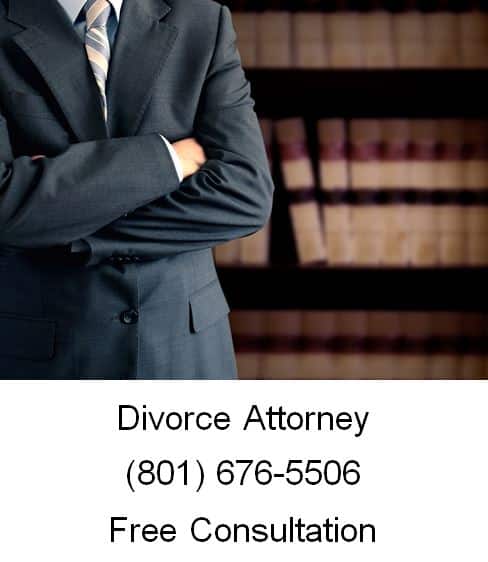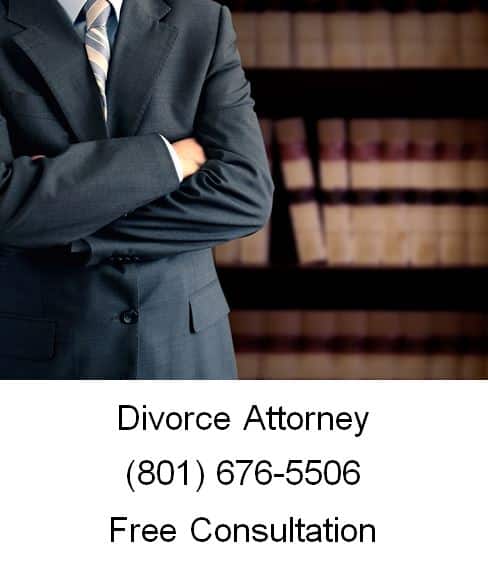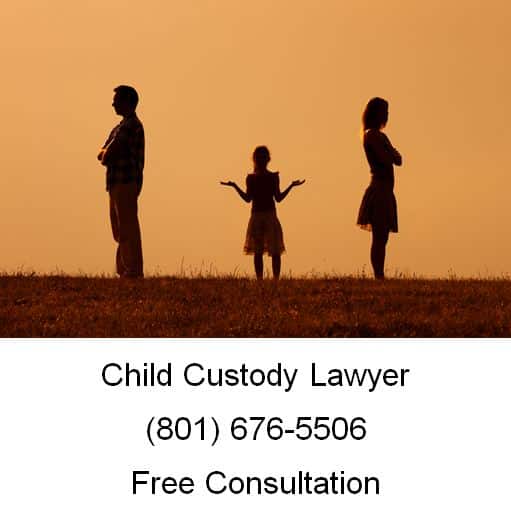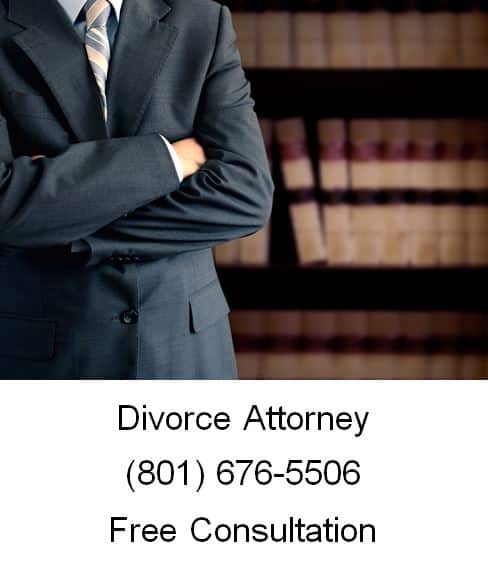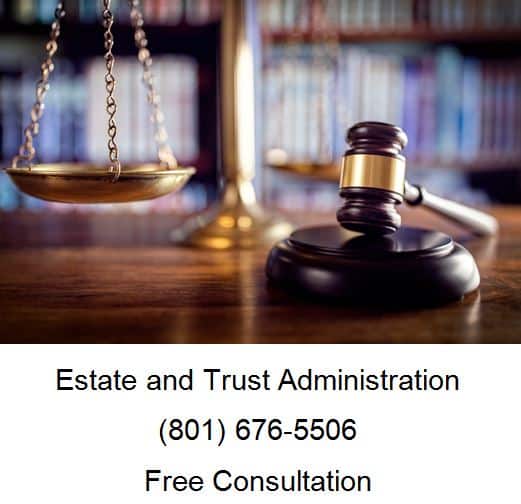A study by Georgetown University researchers published in the journal Child Development indicates that children with wealthier parents are generally more impacted by divorce than children with poorer parents. The research suggests that wealthier children will have greater benefits from being part of stepfamilies, but will be more likely to have behavioral problems.
The information gathered in the study was mostly obtained from the National Longitudinal Survey of Youth between the years 1986 and 2008. Researchers analyzed the development, health and overall well being of more than 4,000 children in the survey, as well as interviews with mothers of the children that questioned the socio-emotional state of the child.
Then, the researchers split the children up into three groups based on their family income: high, medium and low. Divorce only had a significant impact on the group of children in the top income level. While the researchers haven’t found a surefire cause for this, the hypothesis is that the child is more affected in these situations because he or she is more likely to see a significant change in income in the family. Approximately 60 percent of wealthy families in the United States credit the father as being the main breadwinner, yet after the parents’ divorce, the mother is the one more likely to have primary custody. The child may need to change schools, move to a new home and live in a family with less income. These lifestyle changes make for more stress on the child.
The appearance of stepparents was actually shown to have a positive impact on behavior for children in all income levels.
What Are the Grounds for Divorce in Utah?
After much deliberation, you decided that divorce is the right choice for you. Where do you begin? How do you get started? When does your marriage end and your new life begin? You can obtain the answers to all of these questions by contacting an experienced attorney. As a divorce lawyer, I’m telling you that the most common reason is irreconcilable differences. But you knew that didn’t you.
In Utah, you may file for divorce on the following grounds:
- Irretrievable breakdown. If the relationship between you and your spouse has broken down for at least six months, you may cite irretrievable breakdown as your reason for wanting a divorce.
- Cruel and inhuman treatment. You may file for divorce on the grounds of inhuman treatment if you believe your physical or mental health is in danger if you remain with your spouse any longer.
- Abandonment. If your spouse abandons you by leaving, or kicking you out, for a year or more, you can cite abandonment as your grounds for divorce.
- Imprisonment. In cases where one spouse goes to jail for three or more years, the other spouse may file for divorce on the grounds of imprisonment.
The most common ground for divorce is no-fault or irretrievable breakdown of marriage. A couple who lives apart for at least one year may file for divorce based on an agreement of separation. With the help of a knowledgeable attorney, you can convert a separation agreement into a divorce agreement, saving you time and money.
No matter what your grounds for divorce, a skilled attorney can fight to make sure you start your new life in the best position possible.
Free Consultation with Divorce Lawyer in Utah
If you have a question about divorce law or if you need to start or defend against a divorce case in Utah call Ascent Law at (801) 676-5506. We will fight for you.
8833 S. Redwood Road, Suite C
West Jordan, Utah
84088 United States
Telephone: (801) 676-5506
Recent Posts
How a Child’s Preference Affects Custody
Durable Financial Power of Attorney
Choosing Day Care Because of Divorce
from Michael Anderson https://www.ascentlawfirm.com/children-of-wealthier-parents-more-affected-by-divorce/
from
https://grum193.wordpress.com/2018/10/04/children-of-wealthier-parents-more-affected-by-divorce/

